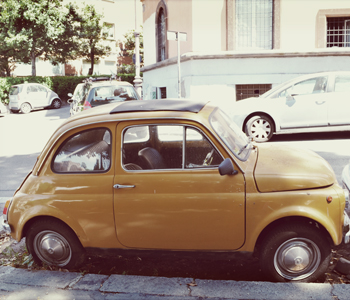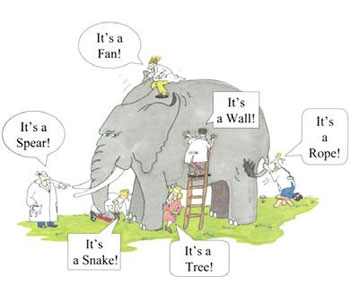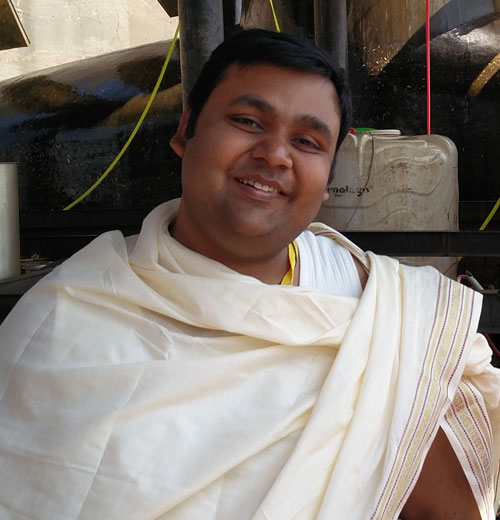Names of eleven pratimas and their characteristics

-
Darshan (darshan)
The one who is indifferent to the world, body and sensual enjoyments and is a holder of right belief, who has got the refuge of the lotus feet of Panch Parmeshthi and is a follower of true path, is a holder/observer of Darshan Pratima. That Shravak forsakes five fruits of fichus genus class such as, fig etc. Udamber fruits and seven addictions and also renounces eating at night of all the four kinds of food. -
Vrata (????)
The keeping of the vows, and the samadhi marana (the last vow taken on death-bed). The one, who observes five minor vows, three virtue–increasing vows (Gun vrata) and four Instructional vows (Shiksha vrata) without three stings (Shalya) and without any transgression, is a holder of Vrata Pratima. Performing two times Samayika (Equanimity) and worshipping Lord Jinendra in due form is essential in this Pratima. -
Samayika (Samayik)
To recite prayer of eulogy of Jinvani, Jindhrama, Jina idols, Panch Parmeshthi (Five Divinities) and of natural & men made temples of Jinendra daily in due form in morning noon and evening for at least two Ghari (48 Minutes) is called Samayika Pratima. -
Prosdhopvaas (Prosdhopvaas)
To observe complete fast on the 8th & 14th days of each lunar fortnight without hiding one’s strength and engaging in religious meditation is the characteristic of Prosdhopvas Pratima. The meaning of Proshadh is to take food only once in a day. In excellent Proshadh Pratima one time pure food is to be taken on seventh & 9th days of each lunar month and fast on the 8th day in lowest Proshadh Pratima one time food is to be taken on 8th day of the lunar month and there are many kinds of Proshadh in medium Proshadh. -
Sachitt tyagya (Sachitt tyagya)
Not to eat raw items like untreated fruits, flowers, seeds, leaves, etc. Eat them only after breaking or cutting them into pieces and mixing salt, etc. or eat after boiling or sterilizing them. Water should also be boiled and made sterilized before drinking. This observance is called Sachitt Tyagya Pratima. -
Continence by Day (Ratribhukti tyagya / Diva bhukti tyaag Pratima)
The Shravak who renounces copulation by day, by mind, speech ,body and by self-performed, getting done by others and approval there of by these nine kinds, is called holder of Diva Bhukti tyagi Pratima, or according to Ratana karand Shravakachar-Ratri bhukti tyaag Pratima: The Shravak who renounces all the four kinds of food, viz., Grain, edible materials, licking materials and drinkable substances, he is a Shravak, the holder of sixth Ratri bhukti tyagya Pratima.[1] Although night-eating of all kinds of food are renounced in the first Pratima, even then the fault due to arranging food to son, grand son, other family members was being appended by self performed or approval thereof is now removed. -
Celibacy/Absolute continence (Brahmchariya Pratima)
The Shravaka, who absolutely renouncing cohabitation by above nine types and also becomes abstinent from passionate tales, etc., is a holder of seventh Pratima. -
Aarambh tyagya (Aarambh tyagya)
The renunciation of all beginnings (Aarambh) pertaining to occupational activities of agriculture, trade and service, etc., involving violence is called observance of Aarambh tyag Pratima. The holder of this Pratima can do beginnings of giving donation, worshipping Lord Jinendra, etc. religious works. They can perform religious accomplishment while living in the house and also by leaving the residential house. -
Parigraha tyagya (Parigraha tyagya)
The Shravak who keeps only clothes and abandons all other belongings and also does not have attachment with accepted clothes, known as Parigraha tyaag, the holder of ninth Pratima. -
Anumati tyagya (Anumati tyagya)
The Shravaka, who does not give his assent or approval of the matters asked by family members/near & dear relatives or by other persons or even not asked by them related to house-hold or any mundane activity, should be known as the holder of Anumati tyaag Pratima, the tenth Pratima. -
Uddist tyagya (Uddist tyagya)
The observer Shravaka of this Pratima renouncing home and accepting initiation from Guru, lives in the congregation of Jain Muni and performs austerity and takes absolute Navkoti pure food (Multiplying mind, speech and body by self performed, getting performed by others and approval thereof becomes absolute pure by Navkoti) by mendicancy, does not take food on invitation and assumes one fragment cloth, is called holder of Uddist Pratima.
There are two kinds of holder of this Pratima, Kshullaka & Ailaka. Kshullaka keep one lion-cloth and one white fragment sheet of cloth, (i.e. Duppatta). There is no rule of Keshlonch (i.e., plucking hair by hand) for them, they can get their hair shaved, they purify the places and other articles with Pichhika, and they take food once in a day by mendicancy or go for taking food after coming out of Guru. Ailaka keep only one lion- cloth and as a rule pluck their hair by hand (i.e., do Keshlonch) and take food only in their hand-bowl. Only this much difference is their in both of them.






